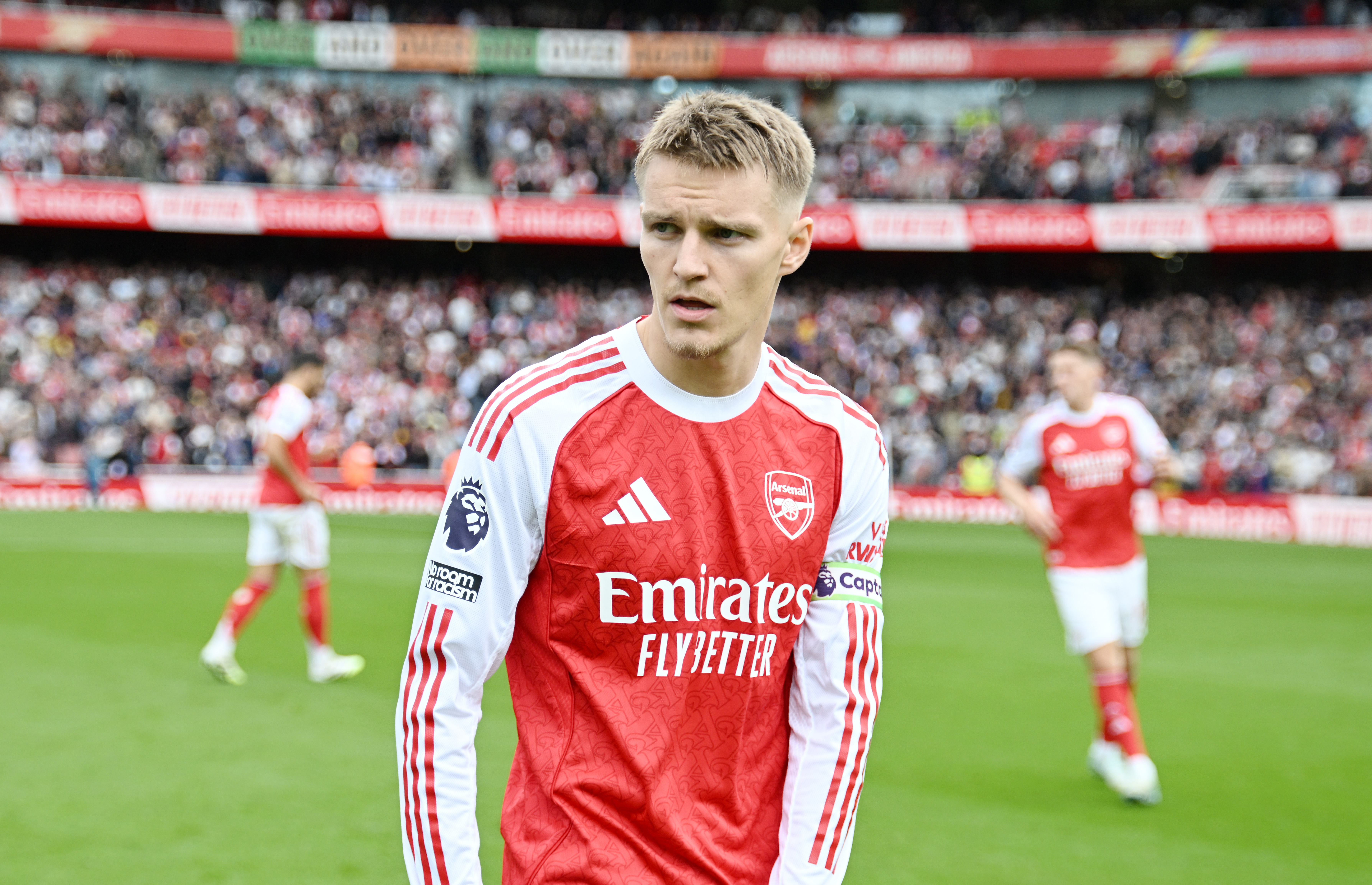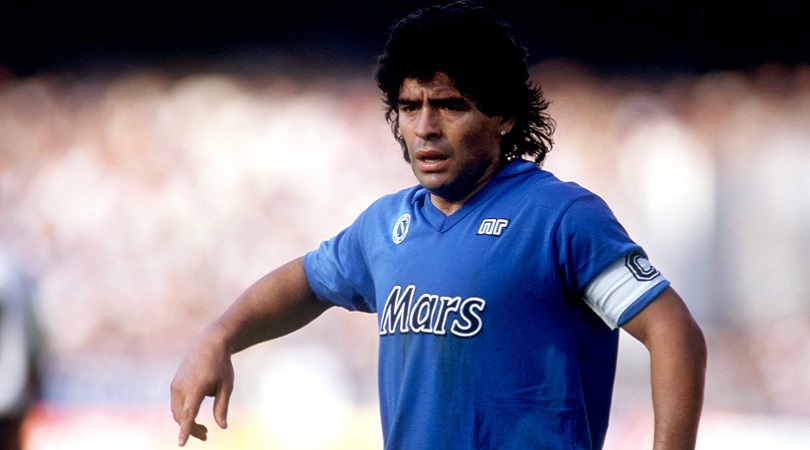
Bigger than the club?
We’re often told that no player is bigger than the club, but it’s equally true that no dressing room is filled with equals. Some footballers are simply more integral to their side than others – and such situations are rarely lost on the men in question.
In this slideshow, we pick out eight players who considered themselves more important than the clubs they served.
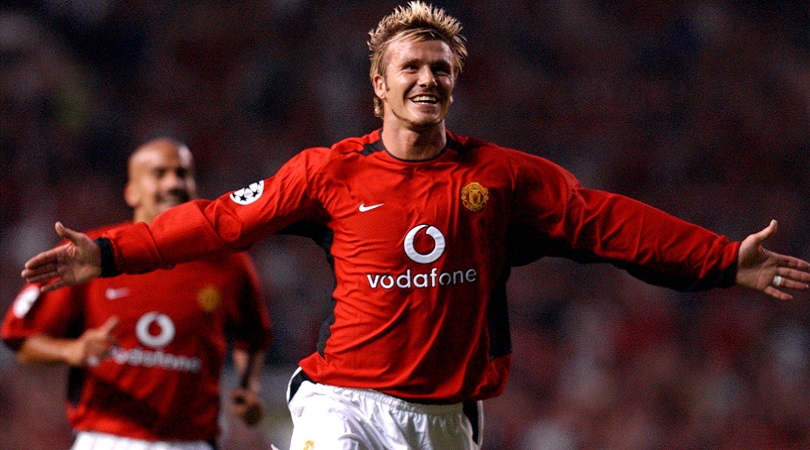
David Beckham (Manchester United)
Beckham once said he and Alex Ferguson had a “father-son” relationship, but that began to break down in 2002/03. When the Manchester United boss inadvertently kicked a football boot at the midfielder’s head after an FA Cup defeat by Arsenal, the end was nigh.
In one of his books, Ferguson suggested Beckham had failed to acknowledge that he hadn’t tracked back for one of the Gunners’ goals. It was also reported that the United honcho disapproved of Beckham’s celebrity lifestyle and the fact he “made it his mission to be known outside the game.”
Fearing the England captain was getting more attention for his off-field adventures than his on-field exploits, Ferguson sold him to Real Madrid in the summer.
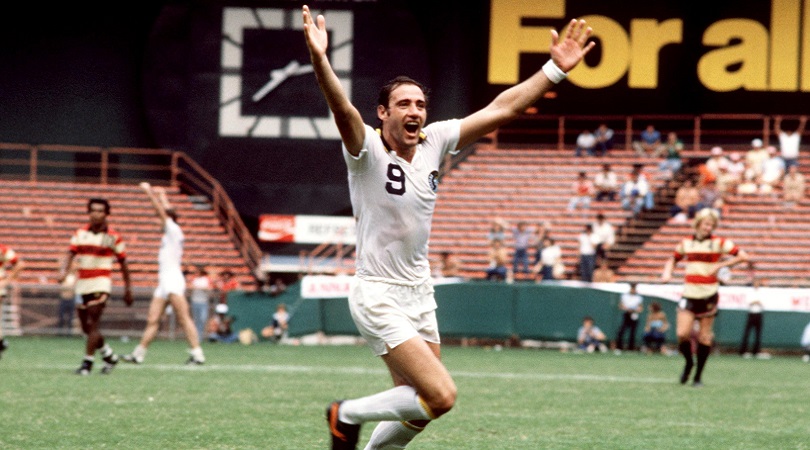
Giorgio Chinaglia (New York Cosmos)
The NASL wasn’t used to players arriving in their pomp back in the mid-1970s, so New York Cosmos could hardly believe their luck when Chinaglia was lured to the Big Apple from Lazio at the age of 30.
The former Italy international came with baggage, though, admitting to New York reporters that he was uncoachable “because I know more than the stupid coaches”.
Still, the partnership was a fruitful one. Chinaglia played alongside Pele, Carlos Alberto and Franz Beckenbauer during a seven-year stay, scoring 397 goals and winning four league titles. He certainly rubbed people up the wrong way, but no one could doubt the striker’s effectiveness.
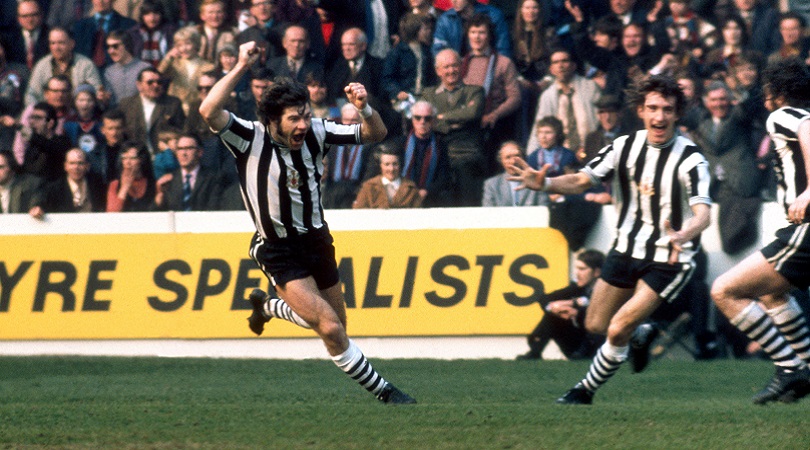
Malcolm Macdonald (Newcastle)
The Magpies’ star striker was never likely to see eye to eye with newly-appointed manager Gordon Lee: when the ex-Blackburn boss took charge in 1975, Supermac was quoted in the Newcastle Evening Chronicle as asking “Who is Gordon Lee?"
“My cards were marked after that rather unfortunate start,” Macdonald said several years later. During the 1975/76 season, Lee made a point of subbing the centre-forward on a regular basis, telling him: “You’re not a good pro, Macdonald… there’s more to football than scoring goals.”
Twelve months later, Supermac signed for Arsenal for an eye-catching £333,333.33 fee. “He’s not worth it,” Lee blasted. MacDonald continued his one-in-two strike rate at Highbury, though, while Lee departed St James’ Park within 18 months.
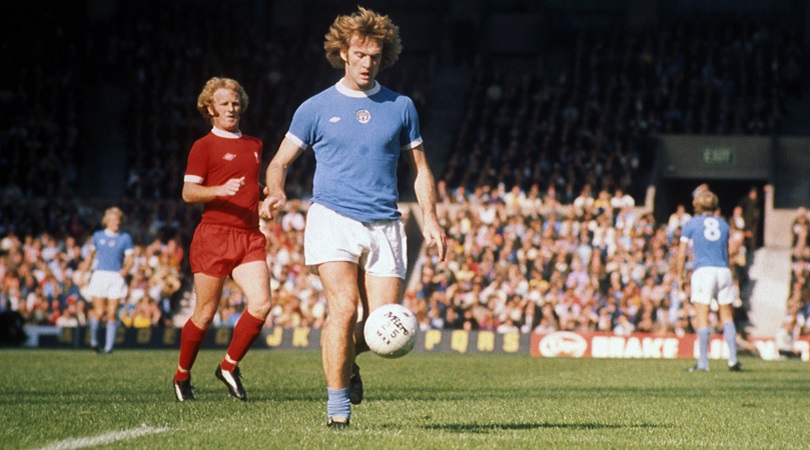
Rodney Marsh (Manchester City)
When Marsh joined Manchester City from QPR for a hefty £200,000 in March 1972, manager Malcolm Allison claimed the forward would be the missing piece in their title-winning jigsaw. Instead, Marsh’s arrival at Maine Road derailed their bid for silverware, with team-mates accusing him of breaking up the rhythm of their attacks and “juggling the ball like a bloody seal”.
The Londoner stayed for four years despite reservations about his work ethic, but success continued to elude City. After a spell in the reserves for criticising manager Tony Book's team selection, Marsh was asked by his gaffer: “If you think I’m useless, it’s not going to work. Do you want to take it back?” “No chance, you’re not even that good,” came the response.
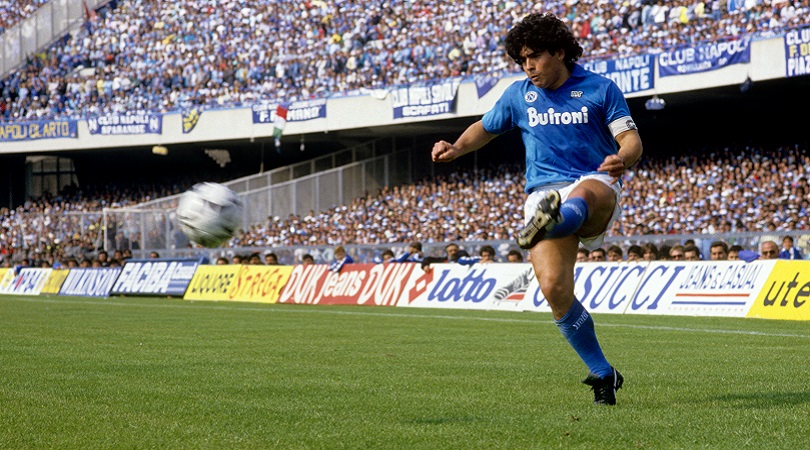
Diego Maradona (Napoli)
“We have no mayor, houses, schools, buses, employment and sanitation, but none of this matters because we have Diego Maradona.”
Those were the words of a local Neapolitan newspaper following the signing of the Argentine in 1984. Maradona helped the Partenopei to two Serie A titles during his time at the Stadio San Paolo, but there were plenty of problems off the pitch – the forward racked up over $70,000 in fines for missed training sessions and matches, while there were also concerns over alleged links with the Camorra crime syndicate.
Napoli overlooked Maradona’s misdemeanours due to his on-field brilliance, but things changed when the former Barcelona man was handed a 15-month ban for testing positive for cocaine in 1991.“I’d love to work with him,” admitted new manager Claudio Ranieri, “but no one – not even Diego – is bigger than this club.”
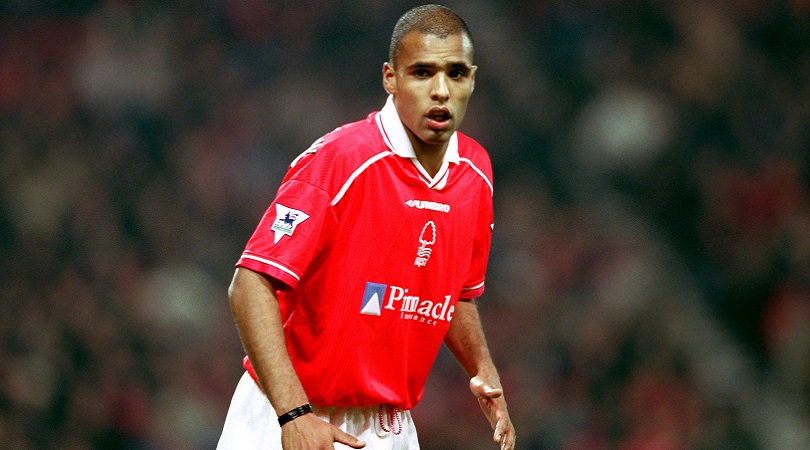
Pierre van Hooijdonk (Nottingham Forest)
“The situation could have been handled differently, I accept that now,” admitted Van Hooijdonk a decade on from his notorious one-man strike at Nottingham Forest.
After netting 34 goals during Forest’s promotion season to the Premier League in 1997/98, the headstrong Dutchman was horrified when, instead of strengthening the squad, the East Midlanders sold Kevin Campbell to Trabzonspor and Colin Cooper to Middlesbrough.
After having a transfer request rejected, Van Hooijdonk refused to play for Forest and returned to the Netherlands to train with former employers NAC Breda. Manager Dave Bassett didn’t want the striker back at the club, but Van Hooijdonk was recalled in November and his boss was sacked two months later.
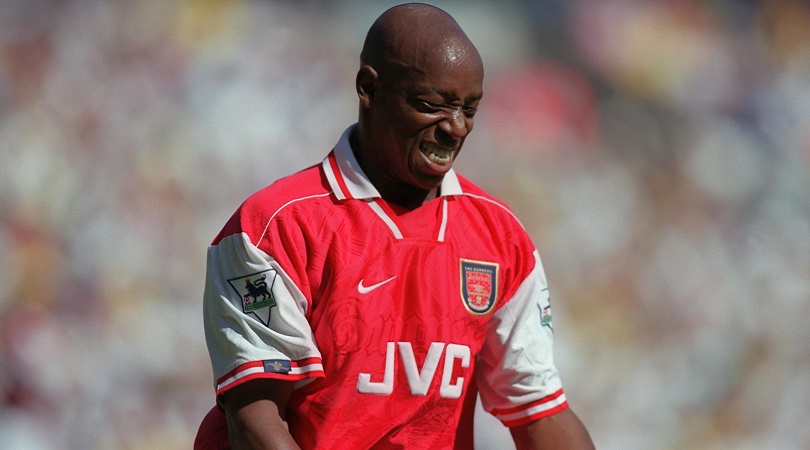
Ian Wright (Arsenal)
“Bruce Rioch labelled me Charlie Big Potatoes,” blasted 32-year-old Arsenal striker Ian Wright after deciding to hand in a transfer request in February 1996.
The new Arsenal boss had attempted to introduce a passing style at Highbury, but Wright felt he was no longer receiving adequate service. The tension came to a head when the pair had a screaming match following an FA Cup loss to Sheffield United, the striker taking exception to his manager’s claim that Bolton frontman John McGinlay would have buried a chance Wright had missed.
The former Crystal Palace goal-getter made his annoyance clear to vice-chairman David Dein, and Rioch left in the summer after an argument over transfer funds.
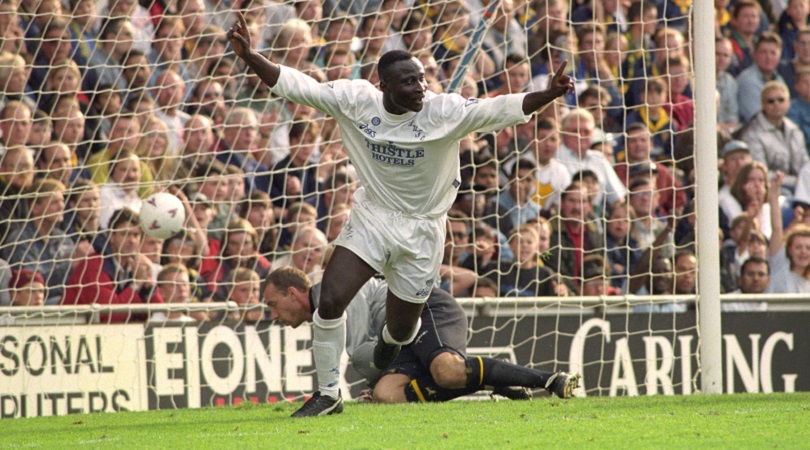
Tony Yeboah (Leeds)
“I don’t think George Graham liked me very much,” claimed former Leeds marksman Yeboah. “I think he expected me to be trouble.”
When the Scot took over at Elland Road in 1996, he wasn’t convinced the Ghanaian striker – a favourite at Elland Road following his thunderbolts against Liverpool and Wimbledon the previous campaign – was the man to revive the club’s flagging fortunes.
Yeboah – who admitted to having gained a few pounds due to his penchant for Yorkshire puddings – was regularly substituted, or asked to plough a lone furrow up front. The end came in March 1997, when Graham replaced an irate Yeboah with a defender despite the fact Leeds were 1-0 down to Tottenham.
Greg Lea is a freelance football journalist who's filled in wherever FourFourTwo needs him since 2014. He became a Crystal Palace fan after watching a 1-0 loss to Port Vale in 1998, and once got on the scoresheet in a primary school game against Wilfried Zaha's Whitehorse Manor (an own goal in an 8-0 defeat).
 Join The Club
Join The Club











